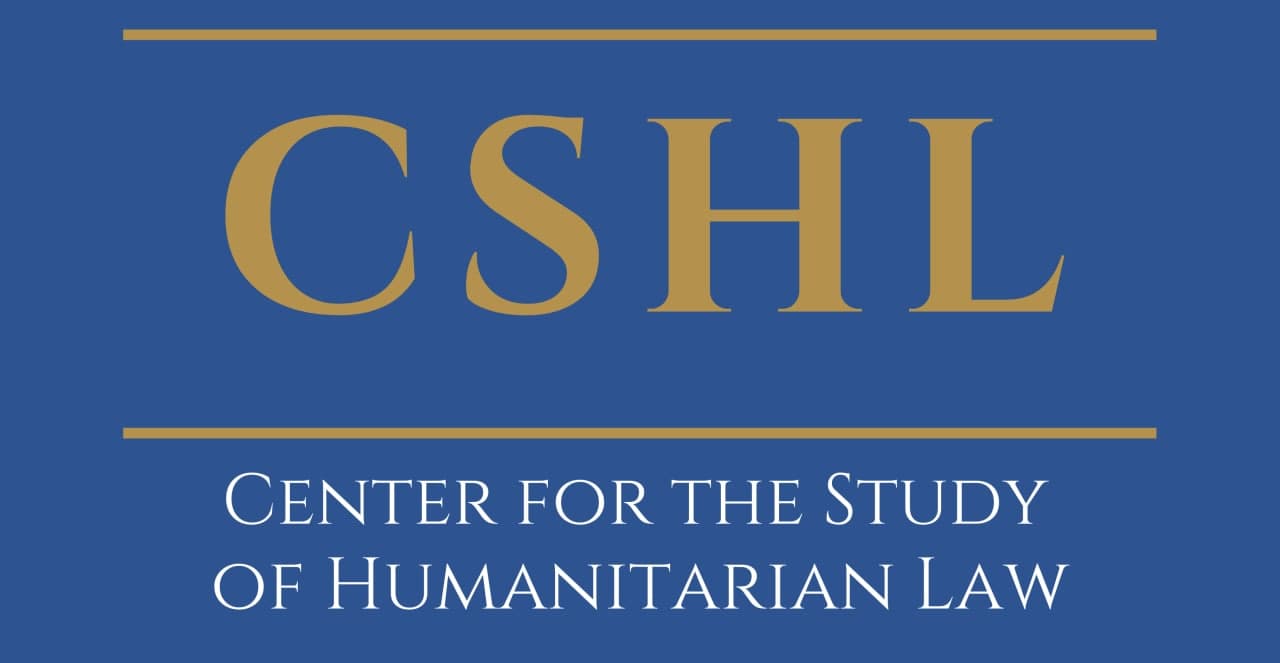Over the past few years, greater attention has been given to the victims of mass atrocities in transitional justice processes, and there has been an increased willingness to include victims in these processes. The initially most far-reaching attempt to include victims in judicial transitional justice process began at the Extraordinary Chambers in the Courts of Cambodia (ECCC). This research project will analyse the actual effect of victim participation in the Cambodian Transitional Justice process by answering the question: what effect does the inclusion of civil parties at the ECCC, moral and collective reparations, as well as broader civil societal dealing with the past have on the perception of justice and reconciliation in Cambodia?
This project draws on a mixed method approach of a standardized survey with 439 victims of the Khmer Rouge selected using stratified random sampling based on an array of different categories and follow-up, in-depth interviews with 65 interviewees in order to gain insights on a diverse spectrum of perspectives. This data was complemented by 21 interviews with transitional justice professionals in Phnom Penh. Data collection was conducted from January to June 2018 across 25 provinces of Cambodia.
The project, through series of workshop and publications, offers a critical reflection of the inclusion of civil parties in judicial Transitional Justice processes, in both Cambodia and for other cases. It is highly relevant and timely for policy and academic discussions as it will allow insights into these processes from a victim and civil society perspectives. As such, this project, with its nexus of academia, policy and practice, will allow the formulation of implementable recommendations for future policy on working with victims after mass violence in Transitional Justice process.
The project is a joint collaboration between the Center’s researcher (Ms. Tann Boravin) and Cambodian researcher (Ms. Kum Somaly) with international researchers from Marburg University, Germany (Timothy Williams) and Swisspeace, Switzerland (Ms. Julie Bernath) with the financial support of German Ministry of Economic and Cooperation.




